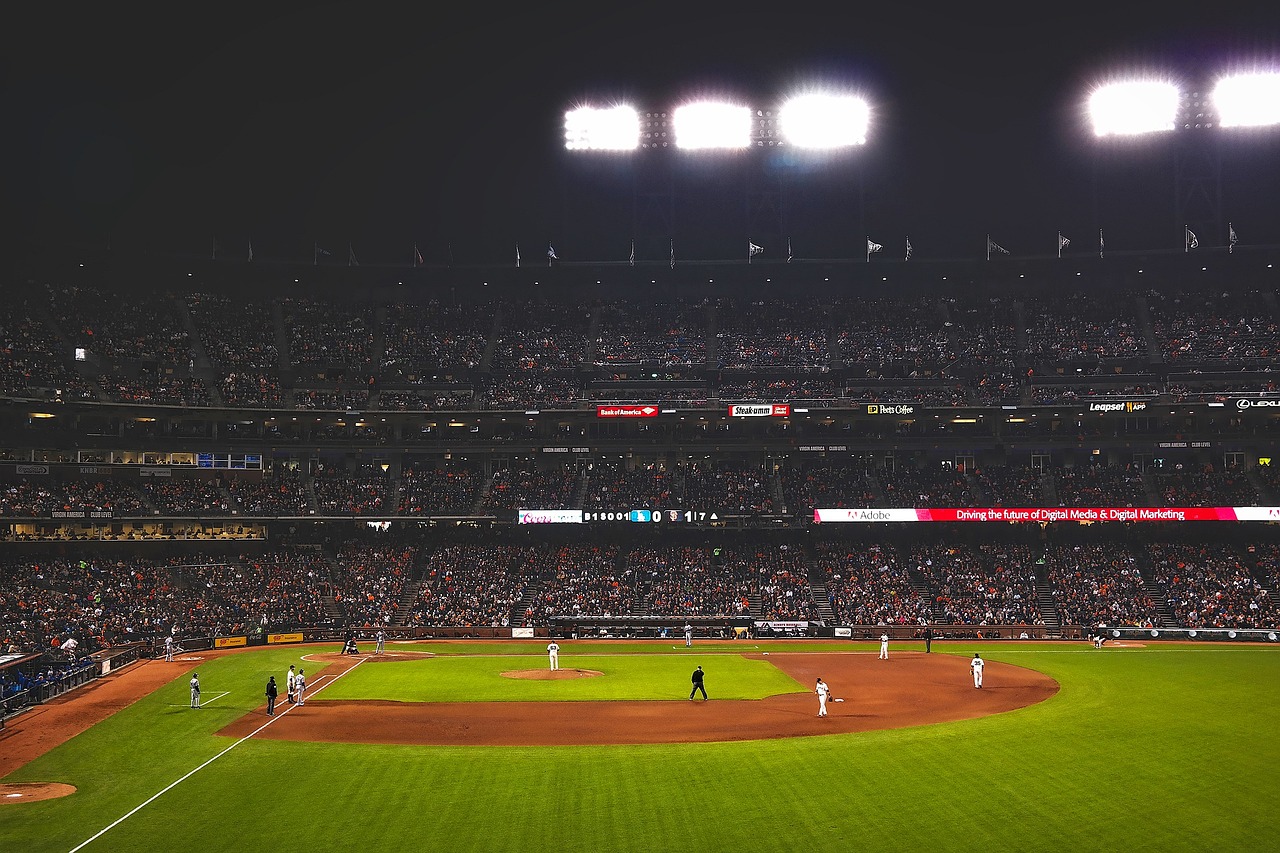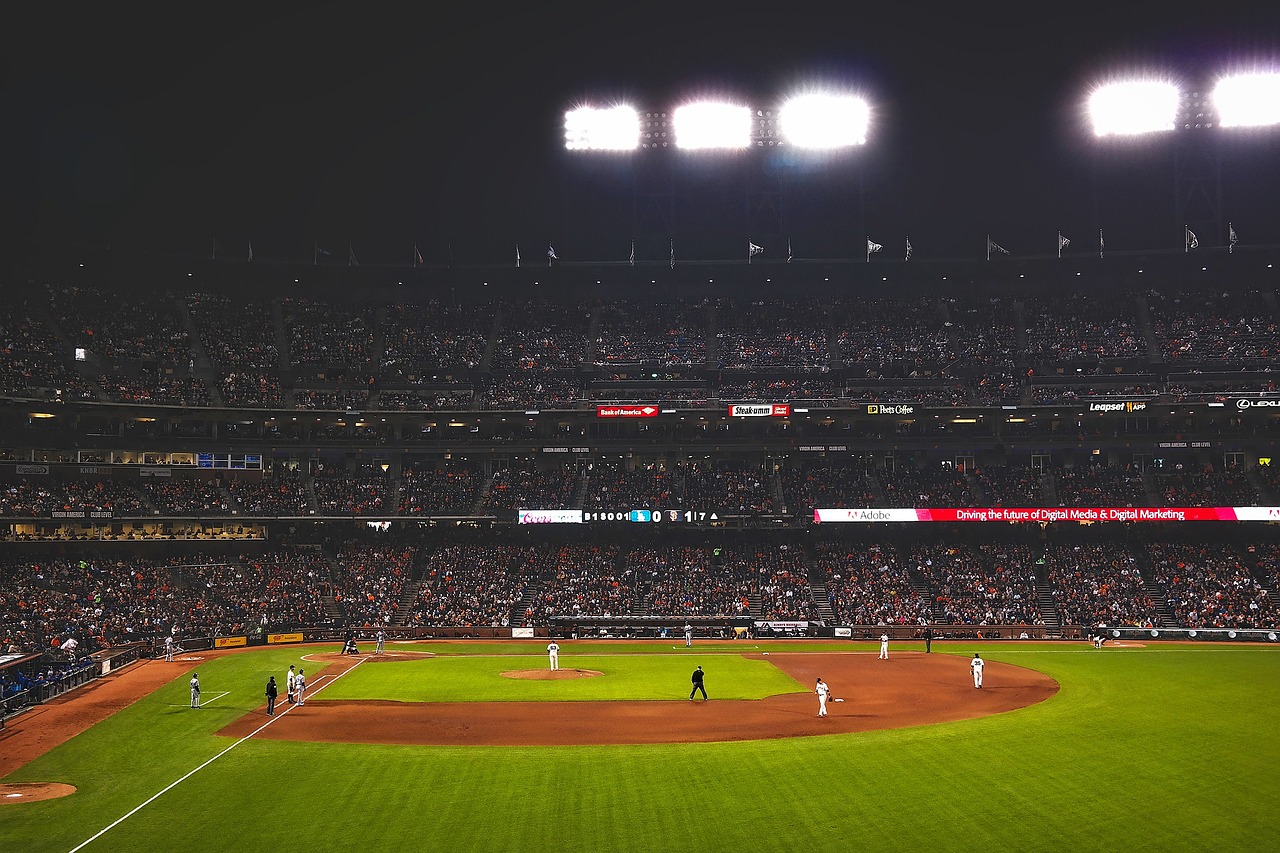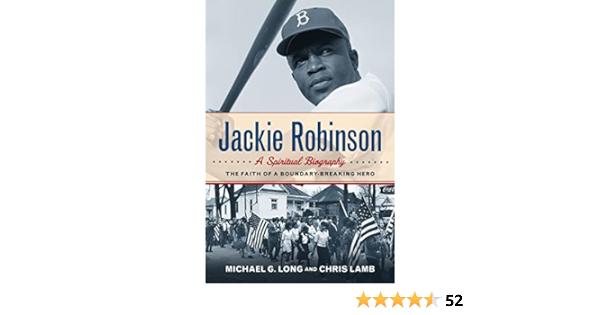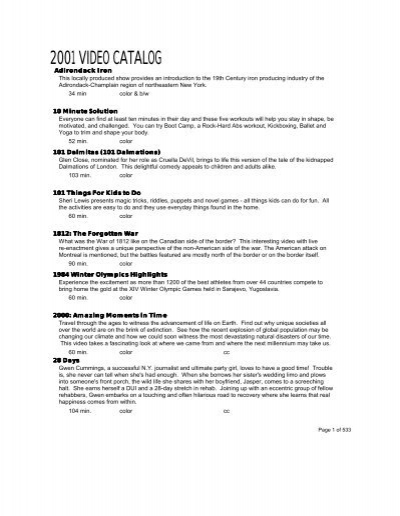Introduction
In the annals of American sports, one event stands as a testament to the enduring appeal of baseball—the World Series. For over a century, this championship series has been a cornerstone of Major League Baseball (MLB), captivating fans with its rich history, iconic moments, and thrilling competition. In this article, we will explore the origins, evolution, and enduring legacy of the World Series.
The World Series is not just a sports event; it’s a time-honored tradition that weaves together the fabric of American culture and history. Its significance transcends the realm of sports, making it a true embodiment of the American spirit.
A Window to History: The World Series is a living history book of America’s pastime. Each Series tells a story of the era in which it was played, reflecting the social, political, and cultural developments of the time. From the Deadball Era to the Integration Era and beyond, the World Series has mirrored the nation’s evolution.
Legends in Action: The Series has witnessed the most iconic moments in baseball history. Babe Ruth’s called shot, Willie Mays’ over-the-shoulder catch, and Bill Mazeroski’s walk-off home run are etched in the collective memory of baseball fans. These moments transcend sports and become part of the American cultural lexicon.
The Thrill of Competition: The World Series is a cauldron of competition where the best of the best face off. It’s a stage where heroes emerge, and dreams are fulfilled. The drama, tension, and excitement of a seven-game series are unmatched in the world of sports, making every pitch and swing feel like a moment of destiny.
Cultural Significance: Beyond the diamond, the World Series has left an indelible mark on American culture. It’s referenced in literature, film, music, and art. The Series has provided inspiration and solace during times of national upheaval and uncertainty, offering a sense of continuity and hope.
The Global Stage: While deeply rooted in American tradition, the World Series has also been a global ambassador for the sport. International audiences tune in to witness the pinnacle of baseball excellence, spreading the love for the game far beyond U.S. borders.
Community and Ritual: For fans, the World Series is more than just a sporting event; it’s a communal experience. It’s the time when families and friends come together, sharing traditions and creating memories that last a lifetime. From tailgate parties to lucky jerseys, these rituals define the Series experience.
Adaptation and Innovation: Over its long history, the World Series has evolved with the times. It’s embraced technology, expanded to include more teams, and adapted its format. Yet, at its core, it remains a celebration of the enduring values of competition, teamwork, and sportsmanship.
The Future of Baseball: As the World Series marches forward, it continues to shape the future of baseball. It inspires new generations of players and fans, ensuring that the sport remains vibrant and relevant in an ever-changing world.
In conclusion, the World Series is more than a championship; it’s a reflection of the American spirit, an embodiment of history, and a celebration of the enduring love for baseball. Its legacy continues to thrive, captivating hearts and minds across the nation and around the world, making it a timeless symbol of America’s past, present, and future.
You can also read more about this here: Sports | Definition, History, Examples, & Facts | Britannica
The first World Series was held in 1903, pitting the Boston Red Sox against the Pittsburgh Pirates. The concept was born out of a friendly rivalry between the American League (AL) and the National League (NL), which sought to determine the superior league. Boston emerged victorious in that inaugural series, sparking a tradition that would become an integral part of the American sports calendar.
The first World Series was held in 1903, pitting the Boston Red Sox against the Pittsburgh Pirates. The concept was born out of a friendly rivalry between the American League (AL) and the National League (NL), which sought to determine the superior league. Boston emerged victorious in that inaugural series, sparking a tradition that would become an integral part of the American sports calendar.
Historical Significance: The inaugural World Series marked a historic moment in American sports, bringing together two major baseball leagues to compete for ultimate supremacy. This event not only shaped the future of baseball but also left an indelible mark on the country’s sporting heritage.
The Birth of Tradition: The success and excitement of the first World Series laid the foundation for an enduring tradition. It wasn’t long before the World Series became an annual spectacle, eagerly anticipated by baseball fans across the nation.
Evolution of Baseball: The World Series played a pivotal role in the evolution of baseball as it became more organized and professional. The championship series elevated the sport’s profile, attracting top talent and investment.
Cultural Impact: Beyond sports, the World Series became a cultural phenomenon, uniting communities and providing a shared experience for Americans. It brought people together in living rooms, bars, and stadiums, fostering a sense of camaraderie and belonging.
Iconic Moments: Over the years, the World Series has produced countless iconic moments that are etched into the collective memory of baseball fans. From Babe Ruth’s legendary “called shot” to Bill Mazeroski’s walk-off home run, these moments have become a part of American folklore.
Showcase of Talent: The World Series consistently showcases the best talent in baseball, with star players and future Hall of Famers often taking center stage. It’s a platform where legends are made and where the world watches in awe.
Economic Impact: The World Series has a substantial economic impact, benefiting host cities, businesses, and the baseball industry as a whole. The influx of fans, tourism, and merchandise sales contributes significantly to local economies.
Continued Relevance: Despite the passage of time, the World Series remains relevant and cherished. It has adapted to the changing landscape of sports, attracting new generations of fans while still honoring its historical roots.
Global Appeal: While originally a national event, the World Series has garnered international attention. It has become a symbol of American sportsmanship and competitive spirit, drawing viewers and fans from around the world.
Inspiration for Aspiring Athletes: The World Series continues to inspire young athletes who dream of one day playing on that grand stage. It serves as a reminder that with dedication, talent, and teamwork, they too can achieve greatness in the world of sports.
In summary, the first World Series in 1903 was not just a baseball championship; it was the beginning of a cherished tradition that has become a cornerstone of American sports culture. Through its historical significance, cultural impact, and enduring relevance, the World Series has left an indomitable legacy that continues to captivate and unite people through the love of baseball.
Looking for more insights? You’ll find them right here in our extended coverage: 2020 MLB rules changes signal future of baseball – ESPN

The 1920s saw the emergence of one of baseball’s greatest legends, Babe Ruth, who led the New York Yankees to multiple World Series victories. This era is often referred to as the “Golden Age” of baseball, and the World Series was at the center of it all. The rivalry between the Yankees and the Brooklyn Dodgers in the 1940s, epitomized by the 1947 Subway Series, remains a legendary chapter in baseball history.
The 1920s were undoubtedly a pivotal decade in baseball history, marked by the emergence of one of the sport’s most enduring legends: Babe Ruth. Ruth’s larger-than-life presence on the field, coupled with his unmatched power at the plate, made him not only a superstar but also a symbol of the era. As a member of the New York Yankees, he played a central role in securing multiple World Series victories during this period, solidifying his status as a baseball icon. This era is often affectionately referred to as the “Golden Age” of baseball, and it’s not hard to see why.
Ruth’s impact extended far beyond the field. His charismatic personality, prolific home runs, and record-breaking performances captured the imaginations of fans across the nation. Baseball became more than just a game; it was a cultural phenomenon that brought people together during a time of great change and upheaval in the world.
At the heart of this baseball renaissance was the World Series, the pinnacle of the sport. The Fall Classic, as it came to be known, was an annual spectacle that brought teams from the American League and the National League face to face in a battle for supremacy. The World Series was more than just a championship; it was a showcase of talent, strategy, and drama that gripped the nation.
One of the most iconic rivalries in baseball history emerged in the 1940s between the New York Yankees and the Brooklyn Dodgers. The intensity of this rivalry reached its zenith in the 1947 Subway Series, a World Series matchup between the two New York City teams. This Subway Series remains etched in the collective memory of baseball fans as an unforgettable chapter in the sport’s history.
The 1947 Subway Series was more than just a clash of baseball titans; it was a reflection of the cultural and social dynamics of post-World War II America. The series pitted the glamour of the Yankees against the grit of the Dodgers, symbolizing the broader contrasts in New York City life. The Dodgers, led by Jackie Robinson, broke the color barrier that year, adding a significant layer of historical significance to the rivalry.
This era of baseball showcased not only the athletic prowess of its players but also their ability to transcend the confines of the ballpark. It was a time when baseball became a unifying force, a source of hope and excitement during challenging times.
In retrospect, the “Golden Age” of baseball, epitomized by Babe Ruth’s heroics, the annual drama of the World Series, and the intense rivalry between the Yankees and Dodgers, stands as a testament to the enduring power of the sport. It reminds us that baseball is more than just a game; it’s a mirror reflecting the hopes, dreams, and challenges of the times in which it’s played.
To expand your knowledge on this subject, make sure to read on at this location: How Baseball Players Became Celebrities | The New Yorker

The World Series has not only been about baseball but also about breaking societal barriers. In 1947, Jackie Robinson broke the color barrier when he played for the Brooklyn Dodgers, opening doors for African American players and changing the course of sports history. His impact transcended the game and had profound implications for the broader civil rights movement.
nullIf you’d like to dive deeper into this subject, there’s more to discover on this page: The Contributions of Immigrants to American Culture – PMC

Throughout the years, the World Series has been a stage for improbable underdog stories and dominant dynasties. The “Miracle Mets” of 1969, the Cincinnati Reds’ “Big Red Machine” in the 1970s, and more recently, the Chicago Cubs ending a 108-year championship drought in 2016—all of these moments have etched themselves into baseball lore.
Modern-day dynasties like the Boston Red Sox and the San Francisco Giants have continued to write new chapters in World Series history, solidifying their legacies in the 21st century.
The World Series, baseball’s ultimate championship, has consistently provided a canvas for the most captivating narratives in the sport’s history. From legendary underdog triumphs to dynastic dominance, it embodies the essence of America’s pastime.
In 1969, the “Miracle Mets” achieved the improbable by clinching their first-ever World Series title. Led by a roster of relatively unknown players and guided by the brilliant management of Gil Hodges, the Mets captured the hearts of fans everywhere. Their remarkable journey from cellar-dwellers to champions serves as a reminder that in baseball, and in life, the unexpected can happen.
The 1970s belonged to the Cincinnati Reds’ “Big Red Machine.” With an array of future Hall of Famers like Johnny Bench, Pete Rose, and Joe Morgan, they dominated the baseball landscape. Their two consecutive World Series titles in 1975 and 1976 showcased the power of teamwork and talent, leaving an indelible mark on the sport’s history.
Fast forward to 2016, and the Chicago Cubs achieved what many believed to be impossible—ending a 108-year championship drought. Generations of Cubs fans had endured heartbreak and disappointment, but in that historic season, they witnessed the Cubs’ triumphant return to the top. The Cubs’ victory transcended baseball, becoming a symbol of hope and perseverance for fans everywhere.
In the 21st century, the World Series has seen a new era of dynasties. The Boston Red Sox have added to their storied legacy with multiple championships, solidifying their status as a modern-day powerhouse. Their blend of talent, strong leadership, and passionate fan base has made them a force to be reckoned with.
Similarly, the San Francisco Giants have etched their name in World Series lore with a series of championships in the 2010s. Their penchant for postseason heroics and clutch performances has set them apart, earning them a place in the annals of baseball greatness.
These tales of triumph and dynasty underscore the enduring appeal of the World Series. It’s not just about winning a trophy; it’s about the stories, the emotions, and the indomitable spirit of the players and fans who make baseball the timeless and beloved sport it is today. As the World Series continues to evolve, one can only imagine what new legends and iconic moments will be added to its rich tapestry in the years to come.
Should you desire more in-depth information, it’s available for your perusal on this page: 100 Things Reds Fans Should Know & Do Before They Die (100 …

Today, the World Series remains a celebration of baseball excellence. It continues to captivate fans with its blend of tradition and innovation. Iconic venues like Fenway Park and Wrigley Field serve as the backdrops for unforgettable moments, while the advent of technology brings the games to fans worldwide.
Today, the World Series remains a celebration of baseball excellence, but it has evolved in many ways to stay relevant and captivating in the modern age. It continues to captivate fans with its unique blend of tradition and innovation, serving as a bridge between the sport’s storied history and the ever-changing landscape of the game.
Iconic venues like Fenway Park and Wrigley Field have stood the test of time and remain integral to the World Series experience. These ballparks serve as the hallowed grounds where legends are made and unforgettable moments unfold. The roar of the crowd, the crack of the bat, and the smell of hot dogs and popcorn all contribute to the timeless charm of these stadiums, connecting fans to the sport’s roots.
However, the World Series has also embraced modern technology to expand its reach and engage a global audience. While attending a game in person is a cherished experience, the advent of technology has brought the games to fans worldwide. High-definition broadcasts, multiple camera angles, and instant replay have enhanced the viewing experience, allowing fans to dissect each play and appreciate the intricacies of the game in ways never before possible.
Moreover, social media, streaming platforms, and interactive apps have allowed fans to connect with the World Series like never before. Live commentary, real-time statistics, and virtual fan engagement activities bring the excitement of the Series directly into the palms of fans’ hands, regardless of their geographical location.
In this way, the World Series has found a delicate balance between honoring its rich history and embracing the future. It remains a testament to the enduring appeal of baseball, offering a sense of nostalgia while also adapting to the changing preferences of the modern sports enthusiast. As it continues to evolve, the World Series will likely find new ways to captivate and unite fans, ensuring that it remains a cherished tradition for generations to come.
Explore this link for a more extensive examination of the topic: Singing Sergeant Continues Century-old National Anthem Tradition …

Conclusion
The World Series is more than a championship; it’s a celebration of America’s pastime, a reflection of society, and a source of inspiration. Over a century after its inception, it remains one of the most cherished traditions in Major League Baseball, a testament to the enduring legacy of the sport and its ability to unite fans across generations. As we watch the drama unfold on the diamond each fall, we are reminded of the timelessness and magic of the World Series—a century-old tradition that continues to shape the course of baseball history.
The World Series is indeed much more than just a championship; it’s a tapestry of history, culture, and the human spirit. It transcends the boundaries of a mere sporting event, serving as a powerful symbol of America’s pastime and a reflection of the society it represents.
As we tune in to witness the World Series each year, we are not only treated to the finest display of baseball skills but also taken on a journey through time. This championship has witnessed the evolution of the game, from the days of legends like Babe Ruth and Jackie Robinson to the modern era of power hitters and flame-throwing pitchers. It’s a living museum of baseball, where the ghosts of players past seem to echo through the cheers of the crowd.
Moreover, the World Series reflects the broader social fabric of the nation. It has been a constant through periods of turmoil, from world wars to civil rights movements. In moments of national unity and division alike, the World Series has provided a sense of continuity and normalcy, reminding us of the enduring spirit of America’s favorite pastime.
The World Series is also a wellspring of inspiration. For young players, it’s a dream—the ultimate goal they aspire to achieve. For fans, it’s a source of hope and excitement, a chance to witness the impossible become reality. The tales of underdogs toppling giants and clutch performances under pressure inspire not just baseball enthusiasts but anyone who appreciates the beauty of human determination and teamwork.
And so, as the Fall Classic unfolds year after year, it weaves the threads of tradition, history, and aspiration into a compelling narrative. It’s a century-old tradition that continues to shape the course of baseball history, reminding us that while the players may change, and the world around us may evolve, the magic and timelessness of the World Series endure, binding generations together through a shared love for the game and its storied championship.
Don’t stop here; you can continue your exploration by following this link for more details: Baseball History, American History and You | Baseball Hall of Fame
More links
For additional details, consider exploring the related content available here Singing Sergeant Continues Century-old National Anthem Tradition …
